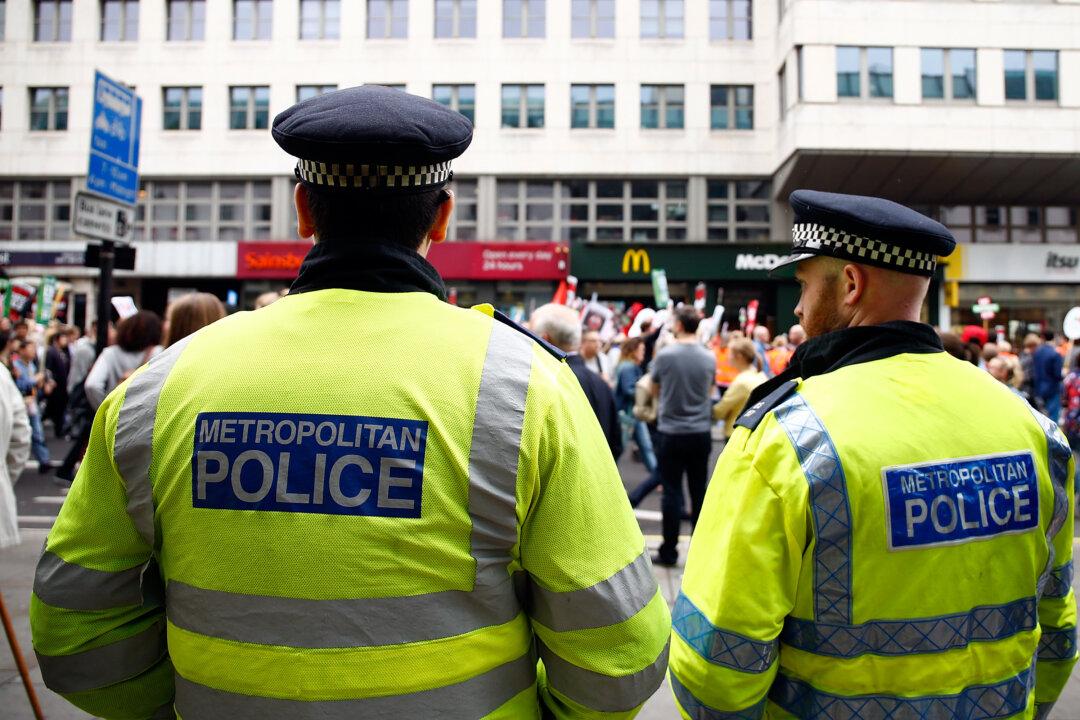UK press organisations are urging police to ditch secret guidance which they say appears to puts journalists on par with criminals and extremists and risks equating the media profession with “wrong-doing and corruption.”
Under a hidden section of police counter-corruption guidance called Authorised Professional Practice (APP guidance), journalists have been listed in the “notifiable associations” section, meaning officers in England and Wales should declare if they are associated with one to their police force.





